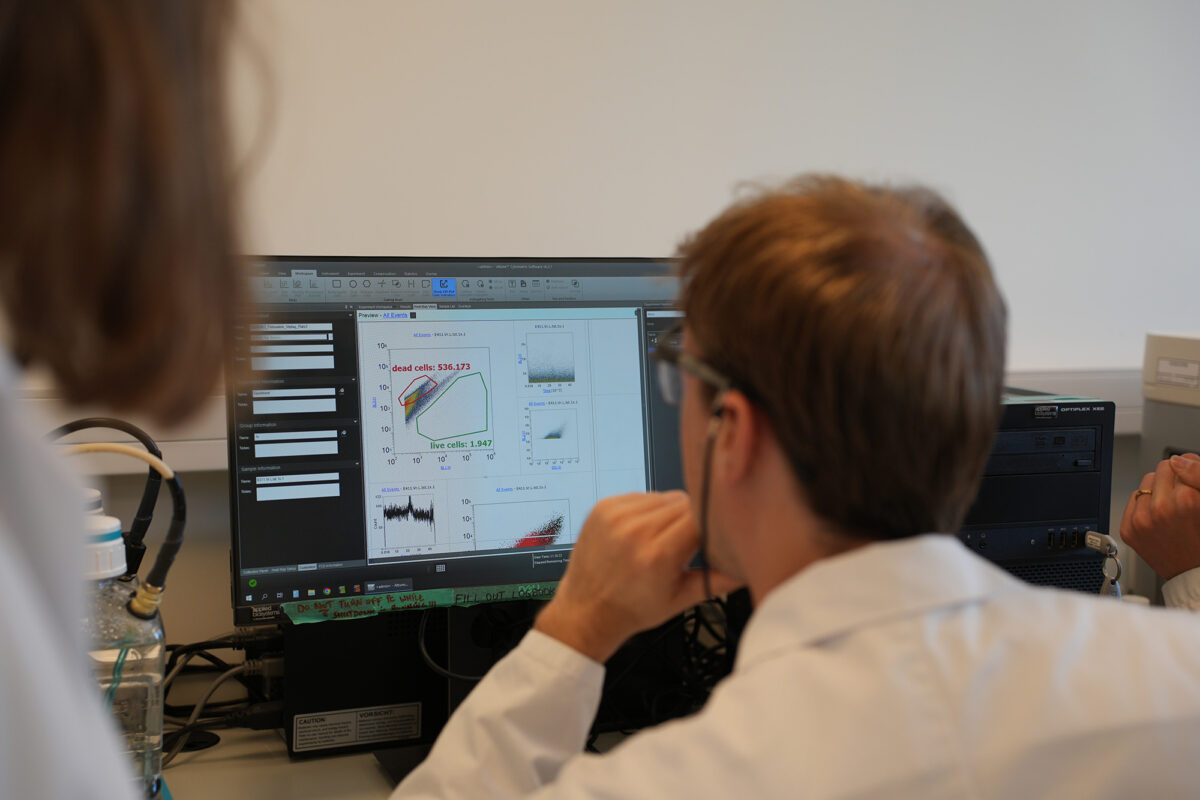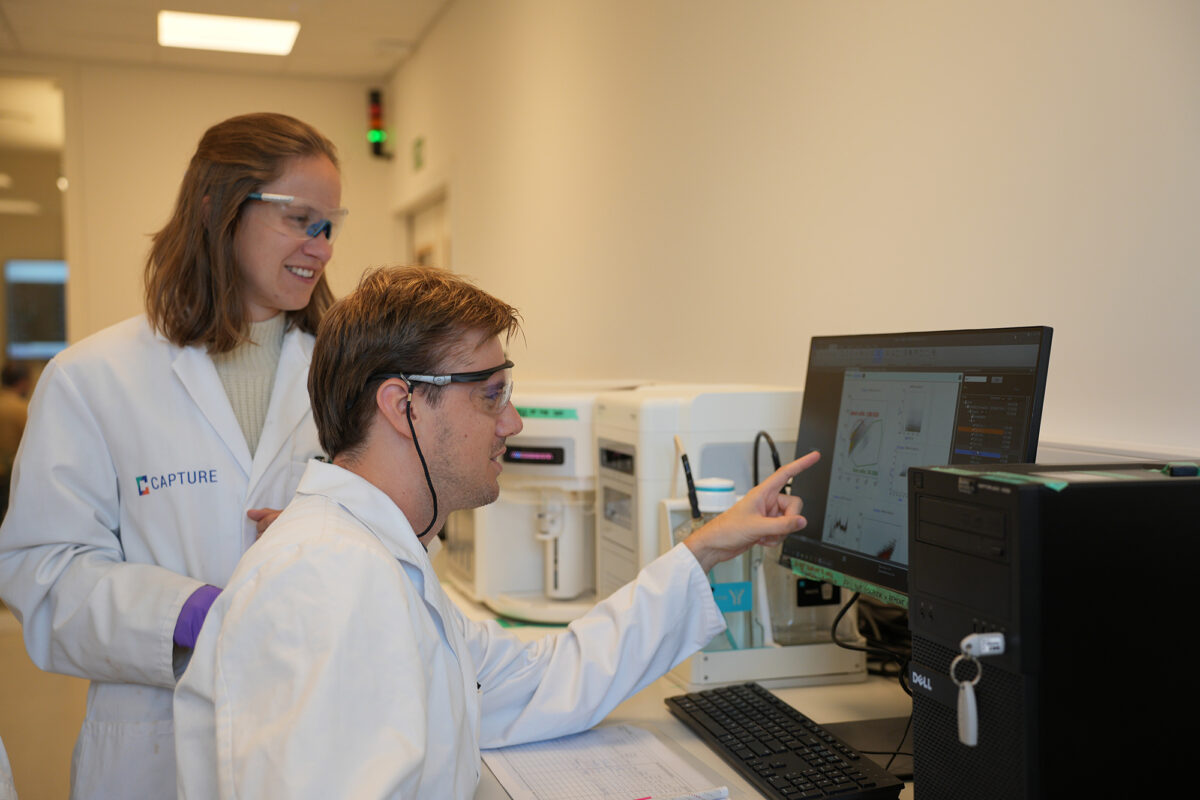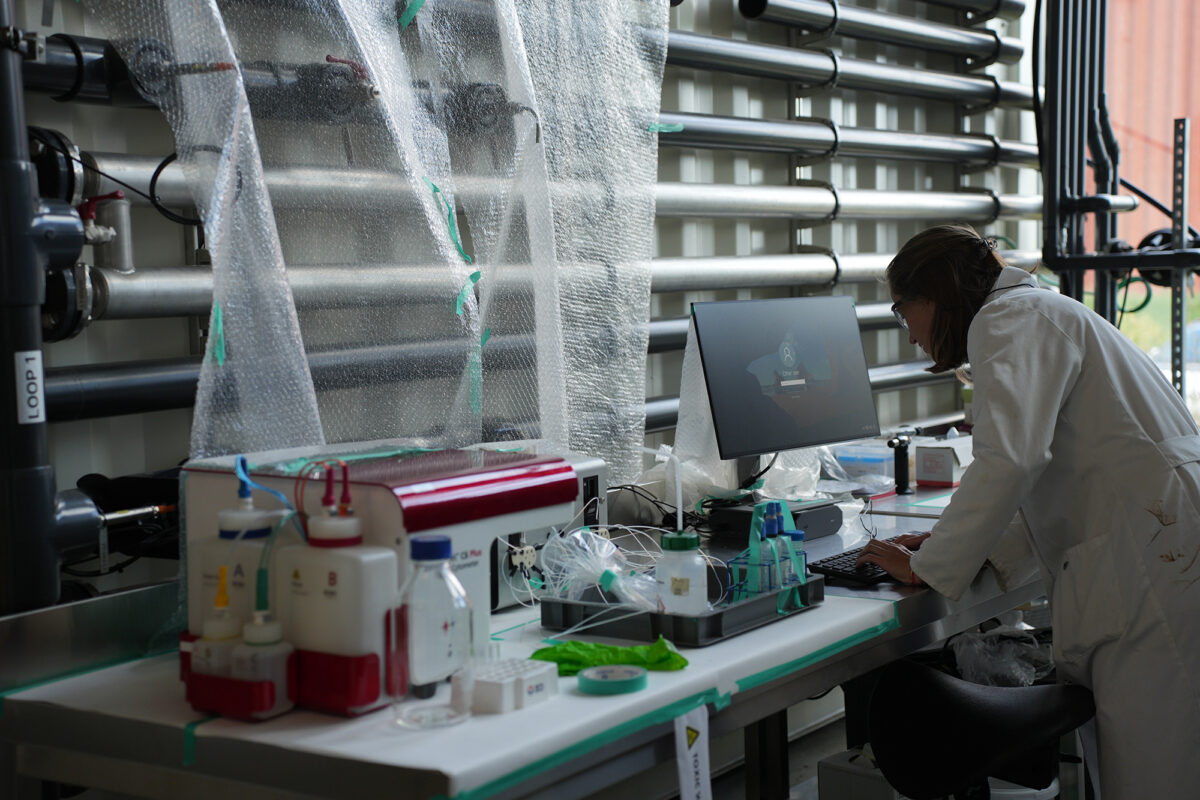MiCE oversees a vibrant team of 2 Principle Investigators, 4 postdocs and 20 PhD students. The team collaborates on various national and international projects, contributing to the development of new strategies for safe drinking water and sustainable environmental solutions. Our research is supported by a mix of funding sources, including Ghent University, the Research Foundation – Flanders (FWO), European Union projects, and industry collaborations.
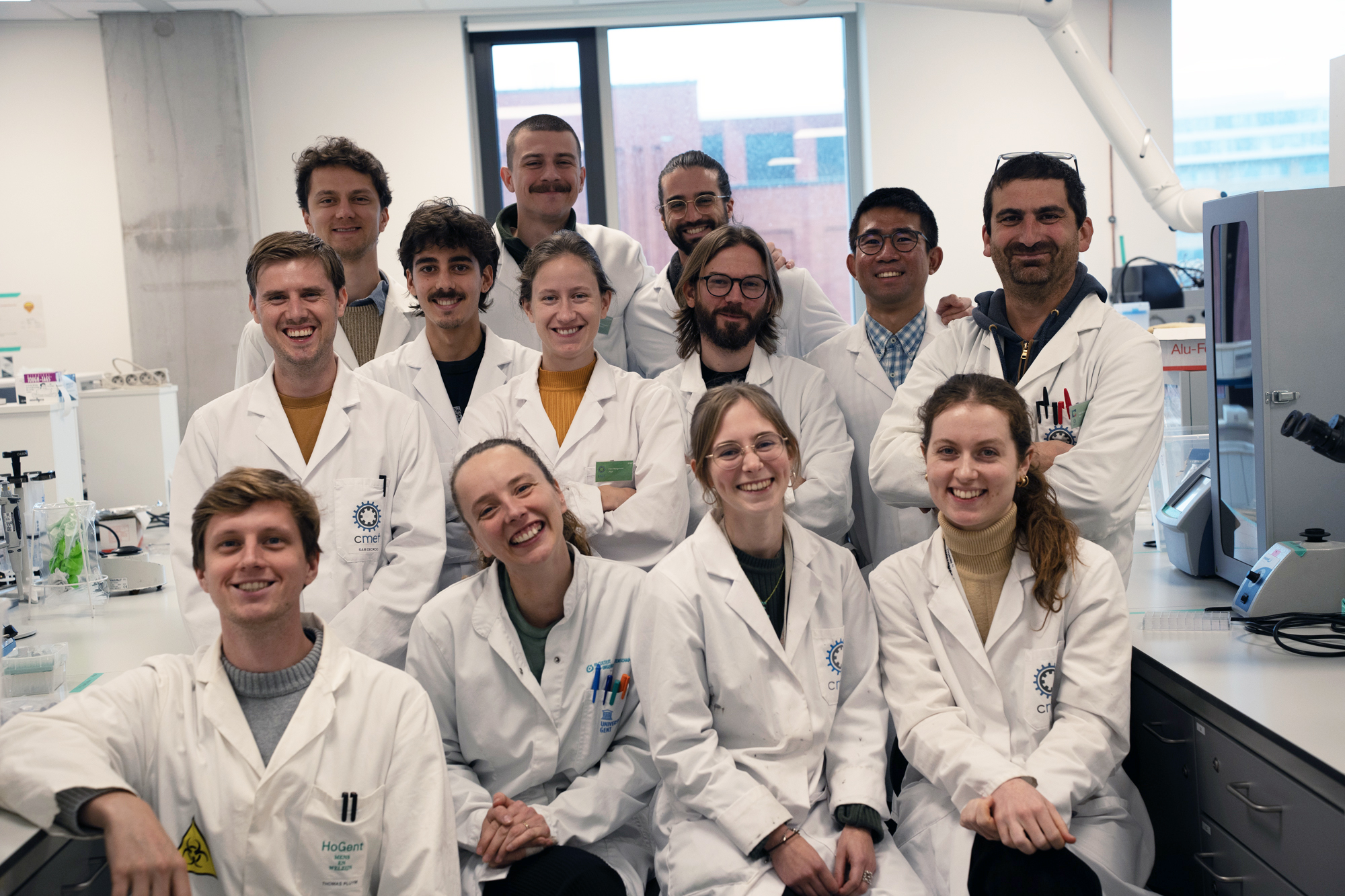
The MiCE group contributes to the academic community by coordinating and teaching several courses at Ghent University, including: (i) Microbial Ecological Processes: focused on the interactions and processes within microbial communities in various ecosystems. (ii) Microbiomics: an advanced course exploring the application of microbiomics in environmental and clinical settings. (iii) Environmental Microbiology: A comprehensive course on the role of microorganisms in environmental systems and their application in environmental technology. These courses are integral to our educational outreach, ensuring that students gain a thorough understanding of both theoretical and practical aspects of microbial ecology.
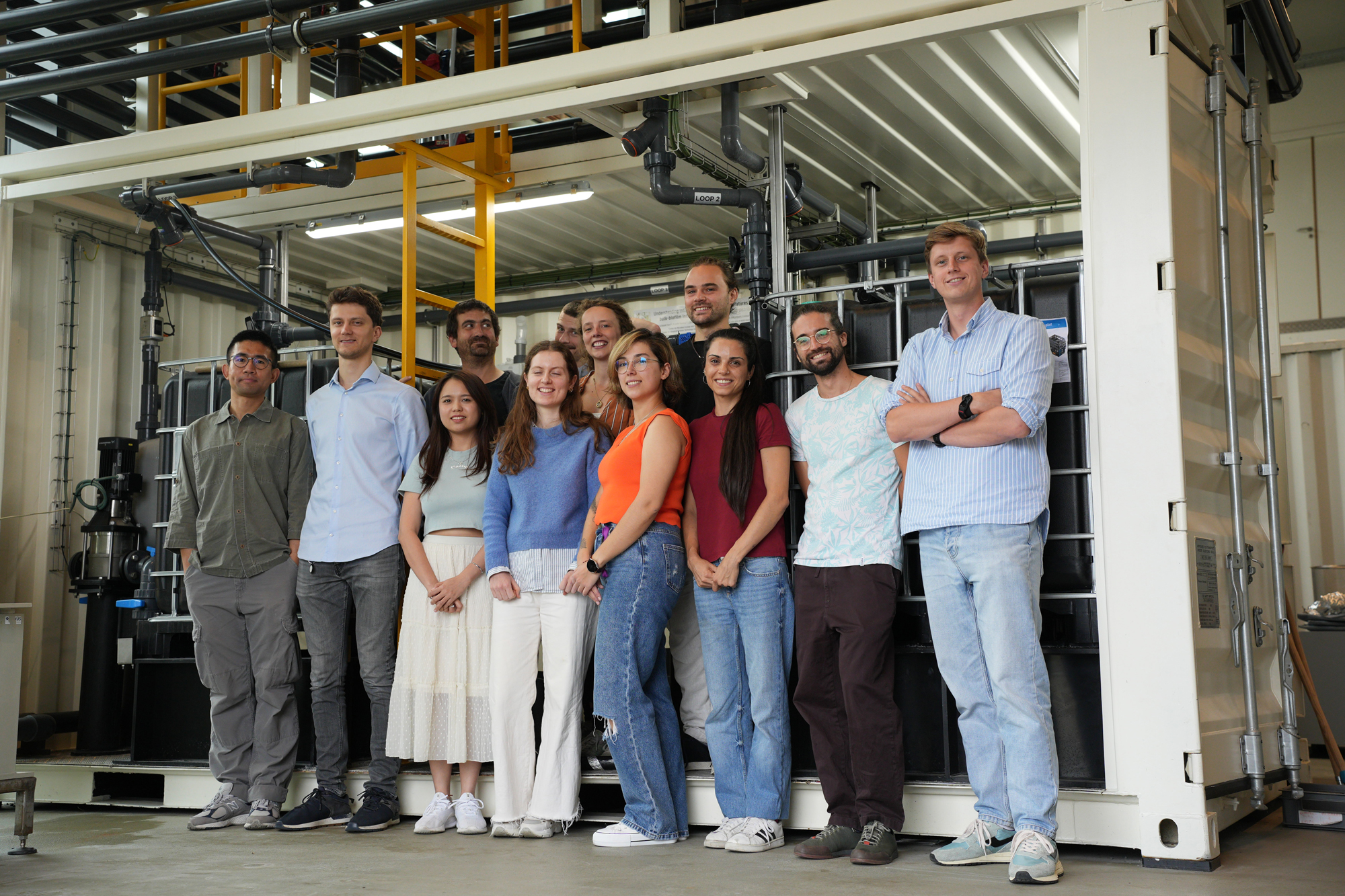
A significant aspect of our research has led to the creation of the spin-off company KYTOS. KYTOS leverages innovative flow cytometry-based technology to provide real-time monitoring and management of microbial communities in various industrial and environmental applications. This venture embodies our commitment to translating scientific research into practical solutions.
The MiCE group is recognized for its significant scientific output, with Prof. Boon being a Highly Cited Researcher. The group has published extensively in high-impact journals, demonstrating a robust track record of influential research in microbial community engineering. At MiCE, we are committed to understanding and optimizing microbial communities to address environmental challenges and improve biotechnological applications. Our eclectic approach, combining theory with practical applications, positions us at the forefront of microbial ecology research.
Related news
-
9/01: Public defence of the doctoral dissertation of ir. Wannes Nauwynck
The title of the doctoral dissertation is “Droplet microfluidics: a toolbox for microbial ecology” The public defense will take place on the 9th of January 2026 at 17:00 in auditorium Oehoe, at the faculty of bioscience engineering, Ghent University (Auditorium E1, building E, Coupure Links 653, 9000 Ghent). A short abstract of the doctoral research […]
-
Marie-Laure Machiels wins Water Technology Award
“I’m very happy and honoured to share that earlier this week I received the Water Technology Award 🏆 for my MSc thesis during the Academia Meets Industry (AMI) event, organised by watercircle.be , B-IWA (Belgian-International Water Association) and Cluster H2O at VIVAQUA. This event highlights people who make an impact in the water sector, so […]
